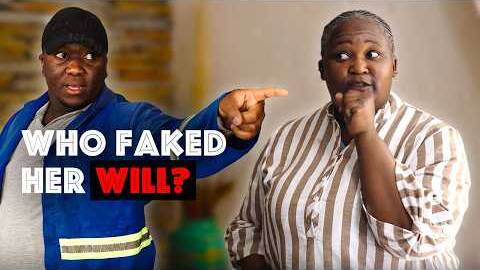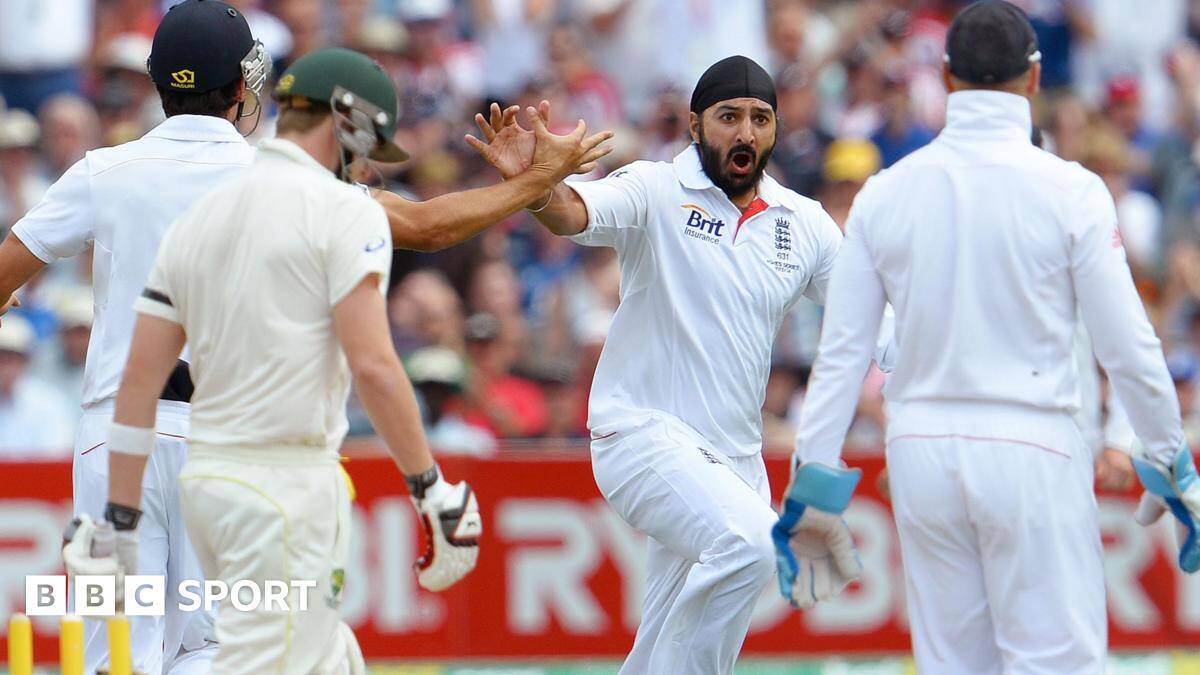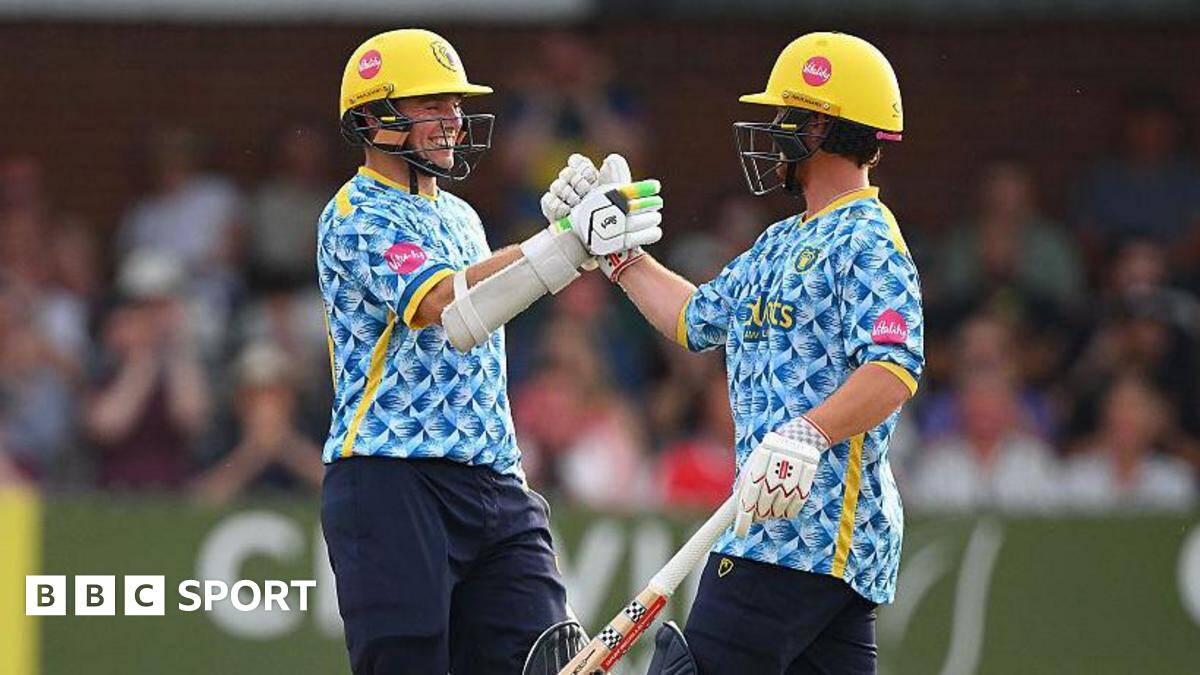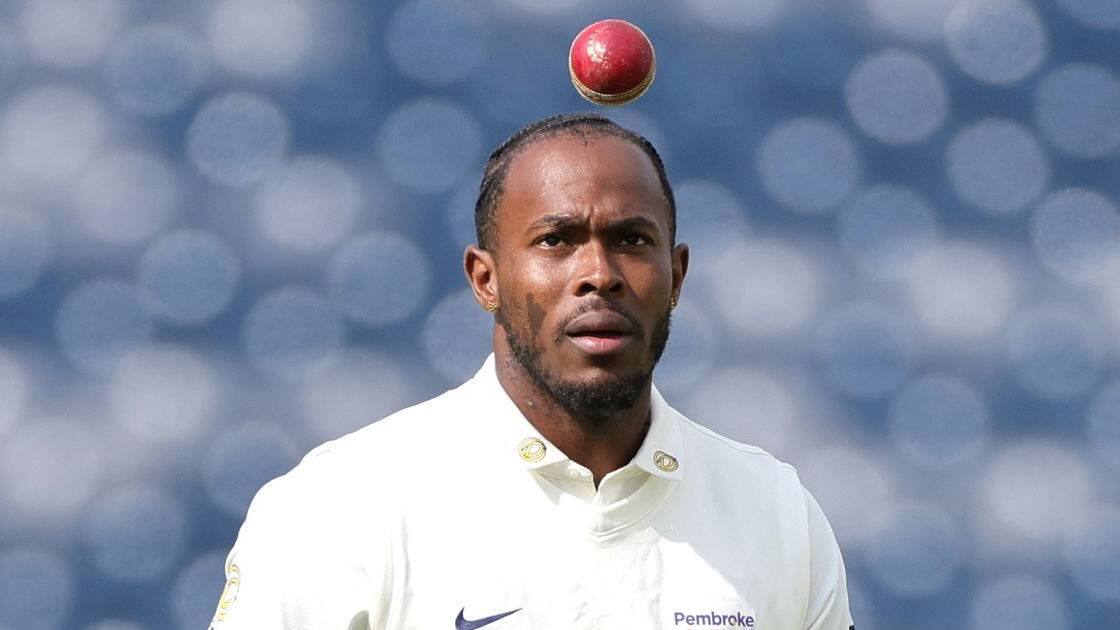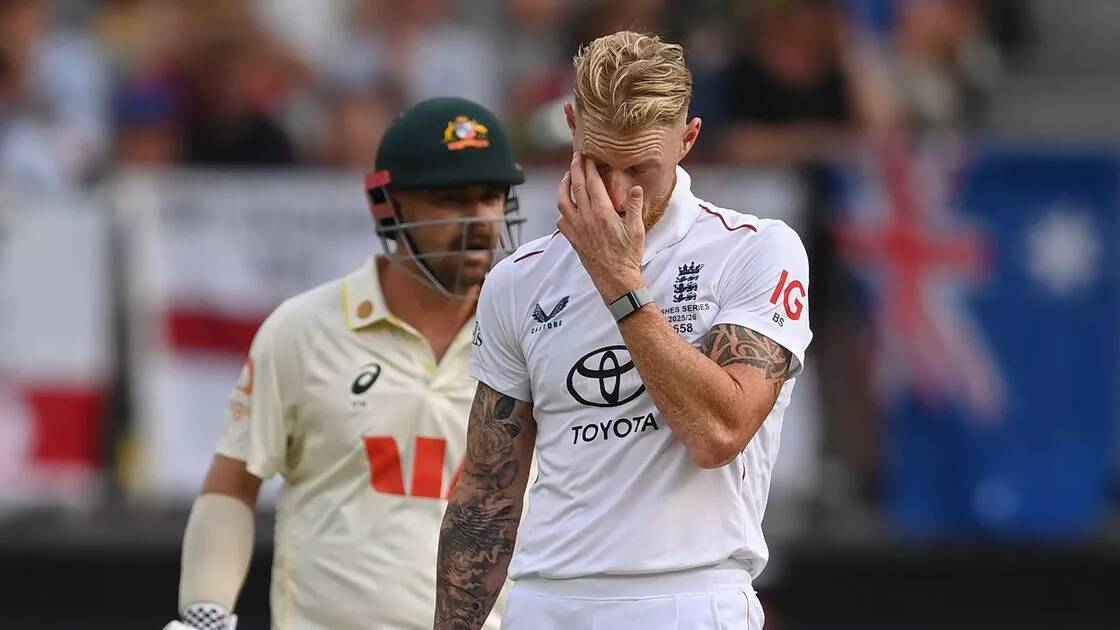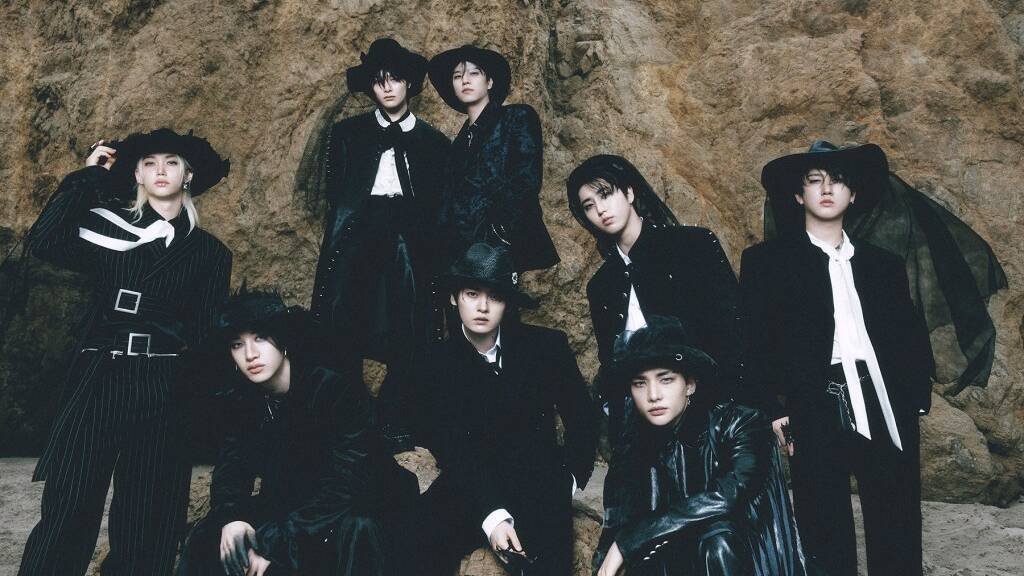Detective on killer's defence team now believes he is guilty
BBC | 25.11.2025 06:02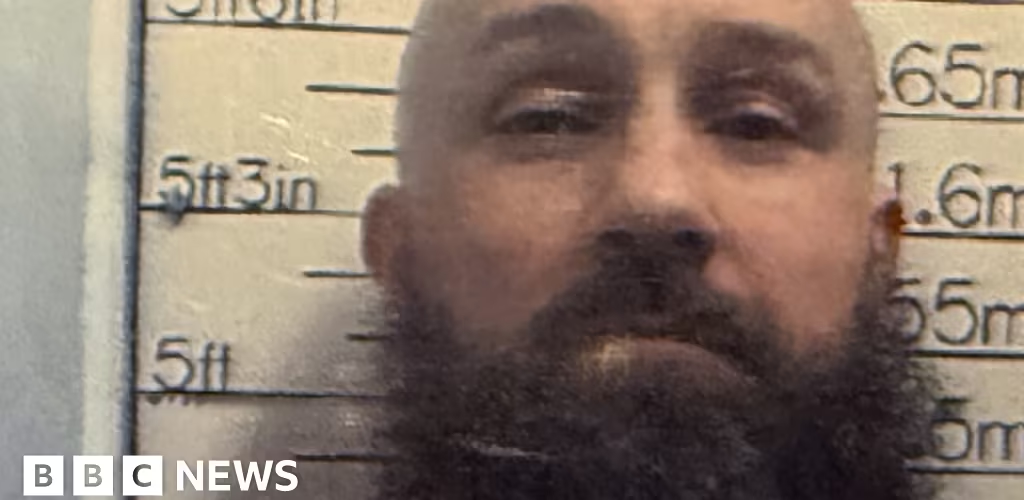
A retired detective who assisted in the defence of convicted murderer Michael Ross has told a BBC documentary series he now believes the former soldier was guilty of the killing more than 20 years ago.
Waiter Shamsuddin Mahmood, 26, was shot in the head at point-blank range as he served customers in an Indian restaurant in Kirkwall in 1994.
But it took until 2008 for Ross - who was just 15 at the time of the murder - to be convicted of the killing and jailed.
Ross, an army cadet, had been questioned by detectives at the time but prosecutors ruled there was not enough evidence to charge him.
George Thomson - who has never spoken publicly - worked for years as a criminal defence investigator, a role that assists a solicitor in the preparation of a defence case.
It was his job to carry out research, gather evidence and interview witnesses who might back up Michael Ross's case.
He tells the programme he now believes Ross did kill Mr Mahmood.
This is just one of several revelations in a new three-part series, The Man in the Mask: An Orkney Murder, which is due to air on BBC Scotland.
The programme also has the first interview with the key witness of the case - whose testimony led to Ross being convicted - and includes never-heard-before audio recordings of Michael Ross from prison.
It sheds new light on what happened through previously unseen documents, reports and witness statements and through the voices of many of those involved.
The case
Shamsuddin Mahmood was 26 when he was shot in the head while working at an Indian restaurant in Kirkwall in June 1994.
The Bangladeshi national and university graduate had first come to the island two years earlier. This was his second stint working at the Mumutaz restaurant.
During the dinner rush, a masked man calmly walked into the restaurant and killed Shamsuddin - also known as Shamol - in front of diners, including young children.
It was a crime which shocked the island community and beyond, and made headlines across the UK.
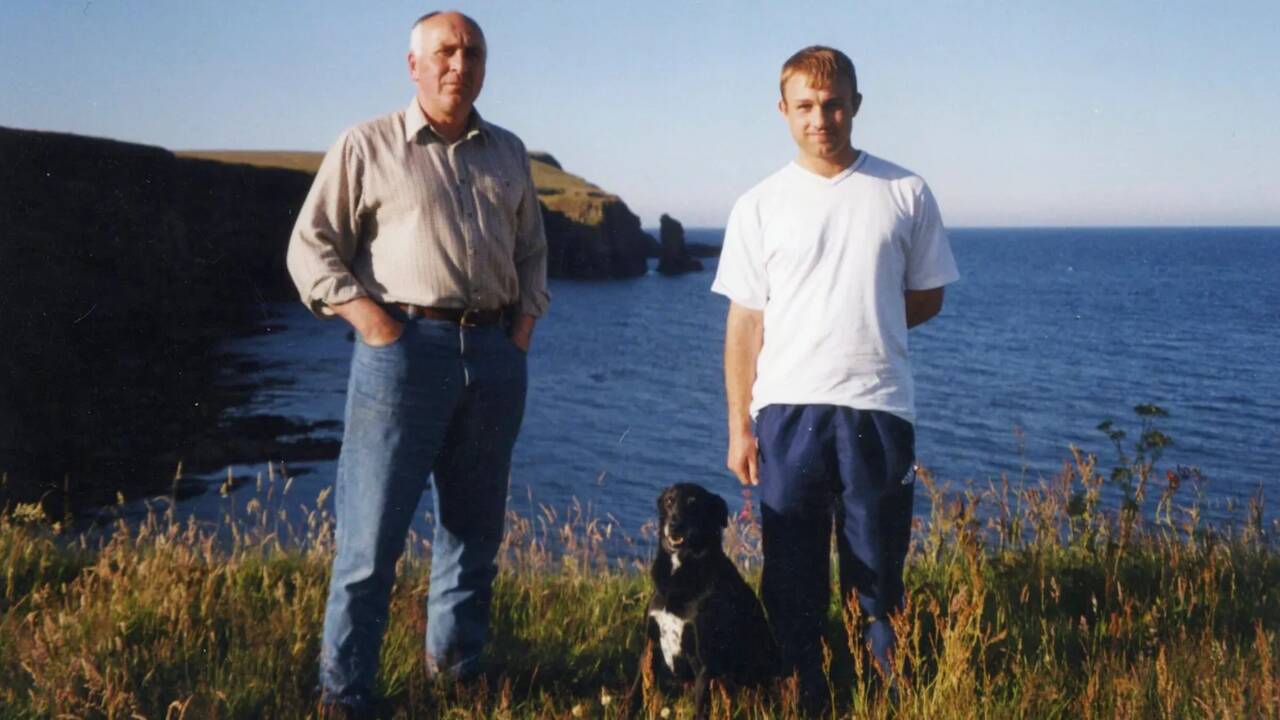
Detectives' prime suspect at the time was 15-year-old schoolboy Michael Ross, the son of local policeman Eddy Ross - who lost his job and even spent time in prison for failing to immediately disclose that he owned the same type of bullets used in the shooting.
At the time there appeared to have been no cases of someone so young being convicted of murdering someone with a gun – let alone on an island of just 20,000 people.
But without sufficient evidence, the case went cold.
Michael Ross grew up and joined the Army, becoming a sniper in the Black Watch. He was decorated for his actions in Iraq, got married and had a family.
Then, 12 years after Mr Mahmood was murdered, a new witness came forward.
It resulted in Ross being charged and tried at the High Court in Glasgow in June 2008. Protesting his innocence, he was found guilty and sentenced to life in prison.
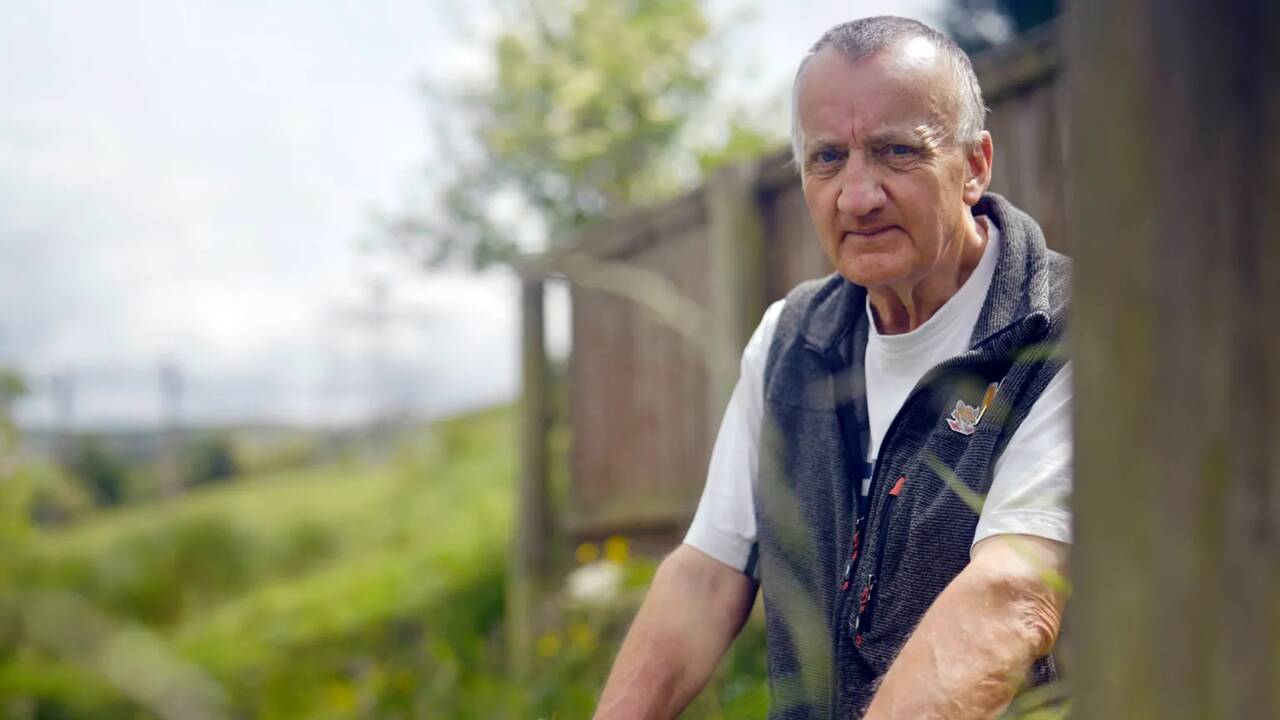
"This is a true letter. I promise that I saw the person who killed the Indian waiter…"
William Grant is reading out an anonymous letter- which he wrote and handed into the front desk at Kirkwall Police Station in Orkney on 2 September 2006.
Nearly 20 years later he is speaking about his involvement in Orkney's most notorious murder.
Mr Grant has never publicly spoken about his version of events apart from his court evidence.
"I was in the toilet when I heard somebody rustling a bag in one of the cubicles", he said. His eventual testimony would be the reason the case against Michael Ross came to court.
To this day, there has been no forensic evidence, DNA or murder weapon found but Mr Grant's testimony gave police what they needed to charge Ross.
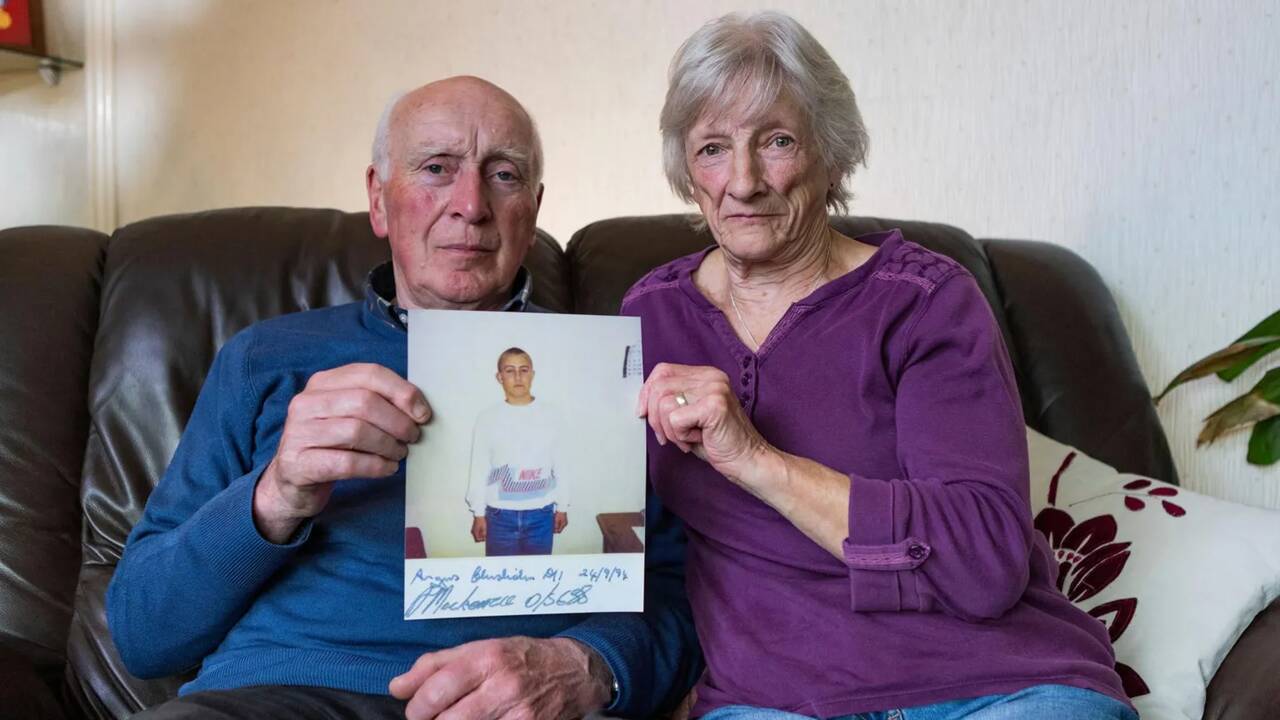
He claims that on the night of the murder, he saw Ross in public toilets near the scene, wearing a rolled-up balaclava and holding a gun which matched the description of the killer.
He tells the programme: "Somebody came out of the toilet. It was a young boy. He had a gun in his hand.
"I knew it was Michael's face. I was terrified.
"I thought to myself I could be the next victim. I stupidly stayed quiet. I thought it was the best thing to do".
However, there are those who doubt Mr Grant's credibility as a witness.
During the trial, the defence identified flaws in his story. He changed his version of events on multiple occasions and much of his testimony crumbled when cross-examined.
He adds: "I was trying to do the right thing. I didn't make it up. Something I'd never do".
To this day, Michael Ross claims that at the time of the murder, he had an alibi: he had ridden his bike up to an estate near Kirkwall, where he bumped into two of his friends - a boy and a girl.
Initially, these cadets gave police statements denying they had seen Ross around the time of the murder.
But later, when they spoke to Ross's defence investigator George Thomson, the boy retracted his statement and said he thought he had seen Ross around that time.
Speaking about this retraction, Mr Thomson said: "Michael was keen for us to trace this guy and take a statement from him as to the night of the murder... I did this, but I didn't believe what was said.
"I put a note at the end of this [which said] 'the young man who obviously dislikes and distrusts the police and seems eager to assist the client. He could be easily led or influenced either way'."
When asked if he believed that the witness did see Ross, Mr Thomson replied: "No, no."
He added: "We're there as defence investigators. That doesn't mean to say we want to get them off at any, any cost. He's trying to help Michael. That's what he is trying to do. This happens all the time.
"I think he cycled that route. But what time did he do it?"
Mr Thomson is then asked if he believes that Michael Ross did kill Shamsuddin Mahmood.
He says: "Yeah... I think he did. I think he did... [based on] the information that we've got.
"I went to England to trace a witness who had been there on the night, and we got a statement from that person, and based off that statement, yeah I think he did. I can't discuss them. That's all I could say."
The tapes
Michael Ross did not testify in court and has never been heard explaining his actions and events, including when he was under suspicion as a 15-year-old boy, throughout the trial and its aftermath.
But the BBC has obtained audio recordings of him discussing his case while in prison.
For the first time, Ross explains in his own words what he claims happened - albeit unchallenged by a journalist.
He said: "There's a view that [I] had done this, to see how it felt to kill somebody. The thought of doing something like that was just totally out of the question.
"All I ever wanted was join the Army, be a soldier. Get married and have a family and have a normal family life."
When Ross was convicted on 20 June 2008, he tried to escape by jumping out of the dock and running out into a court corridor.
The following day, a hire car was discovered parked in a Tesco carpark in Springburn which Ross was planning to flee in.
Inside was a cache of weapons, including a loaded Scorpion machine gun, 545 rounds of ammunition, a grenade and a hunting knife.
For many, this was an admission of his guilt.
"When the verdict came down as guilty it was just a real shock to my system," he said. "The automatic flight reaction to the situation just kicked in. So that's why I ended up jumping the dock and tried to run away.
"The press made a big thing of it thinking that I was some sort of threat to the public at that time because of the weapons found in the car.
"I was a serving soldier. I had regular access to assault rifles, pistols, machine guns, sniper rifles. At no point there was there any risk or threat to the public."
He added: "The thinking behind going away and living away in the Highlands and stuff. The reality of the situation is I probably would have been caught fairly quickly as well."
Despite being given a life sentence, Michael Ross still claims he is innocent. He has spent the last 17 years in prison, has tried to escape three more times and has failed with an appeal against his conviction.
Despite the passage of time, the case continues to divide opinion among the Orkney community.
It has left many people devastated, including those who were present in the restaurant at the time of the murder - some of whom were children at the time - and the family of Michael Ross, imprisoned for life.
But most of all, the family of Shamsuddin Mahmood whose life was cut tragically short.
